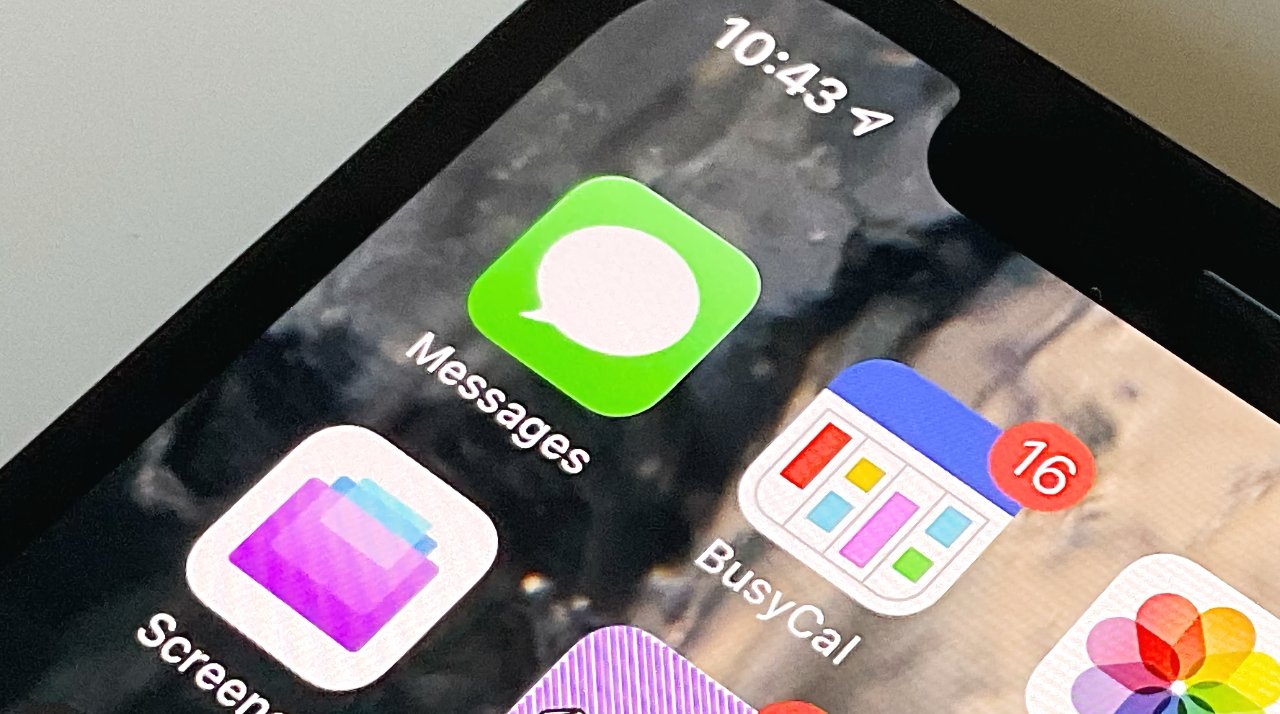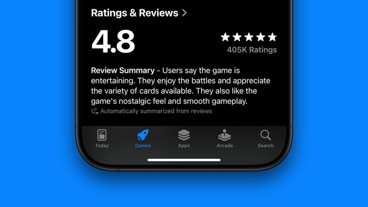India's IT ministry has reportedly withdrawn its demand that Apple Messages comply with a series of social media rules, such as appointing local complaint staff.
India's Ministry of Electronics and Information Technology (MEITY) has previously banned many apps and asked Apple to remove TikTok. Now in separate regulations, it reportedly counted Apple Messages as a social media platform subject to new Indian laws.
Now according to India's Business Standard, MEITY has withdrawn a letter sent to Apple requiring compliance with the regulations. Unspecified sources say that the move is in response to Apple successfully arguing that Messages is not a social media app.
"Apple's iMessage is not an app available that can be downloaded by anyone," the sources told Business Standard. "It is a SMS like feature of the phone and hence MEITY has withdrawn a letter issued to Apple for seeking compliance."
India's new social media regulations, which came into force on May 26, 2021, place certain requirements on qualifying companies. Chiefly, they must appoint specific officers responsible for complaints, each of whom must be resident in India.
The Information Technology (Intermediary Guidelines and Digital Media Ethics Code) Rules 2021 apply to social media firms whose platforms have more than 5 million users within India. According to Business Standard, Apple Messages has fewer users, and this is another reason for MEITY withdrawing its letter.
Apple Messages, often referred to as iMessages, replaced the regular text messages application on iPhones with iOS 3.0 in 2009. It is about to be updated again with more new features in the forthcoming iOS 15.
Keep up with everything Apple in the weekly AppleInsider Podcast — and get a fast news update from AppleInsider Daily. Just say, "Hey, Siri," to your HomePod mini and ask for these podcasts, and our latest HomeKit Insider episode too.
If you want an ad-free main AppleInsider Podcast experience, you can support the AppleInsider podcast by subscribing for $5 per month through Apple's Podcasts app, or via Patreon if you prefer any other podcast player.
 William Gallagher
William Gallagher







-m.jpg)






 Marko Zivkovic
Marko Zivkovic
 Wesley Hilliard
Wesley Hilliard
 Amber Neely
Amber Neely

 Malcolm Owen
Malcolm Owen


 Christine McKee
Christine McKee




-m.jpg)



14 Comments
Hmm, there's a bit of a blurred line, when you can have 20+ people in a group chat, you're heading into social media territory. I think there's probably a viable argument that some of the laws around responsible social media should apply to messaging apps which support larger groups. I would be surprised if this is the last we hear of this type of thing.
While some social media platforms include chat features between individuals or to a group, this isn't what defines a social media platform. In much the same way that a conference call isn't social media. Calling such platforms social media requires twisting the term "social" to mean any other contact without any kind of logic or limitation.
Social media includes public forum and discovery components. To use an example which demonstrates the difference: a person on a social media platform can choose to make a post which can be seen by other unknown users or the general public. This post can also be shared and forwarded in a way that links back to the original poster. All of these are absent in group chat environments such as Apple Messages, Zoom calls and so on.
One can attempt to argue that certain features of chat resemble social media, but these are tenuous and rely on an ignorant audience.
Sounds like a good policy all countries should adopt. Sure would have helped Myanmar.